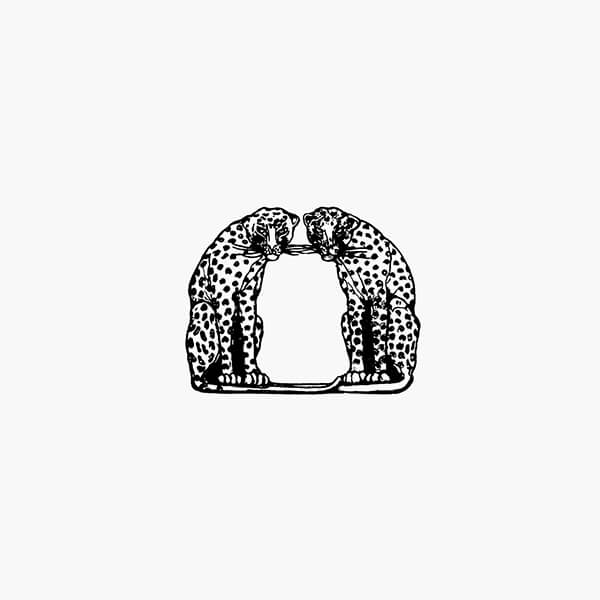


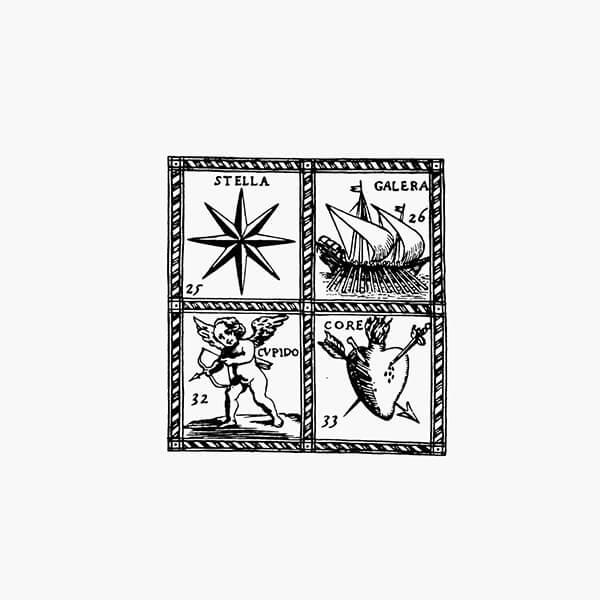
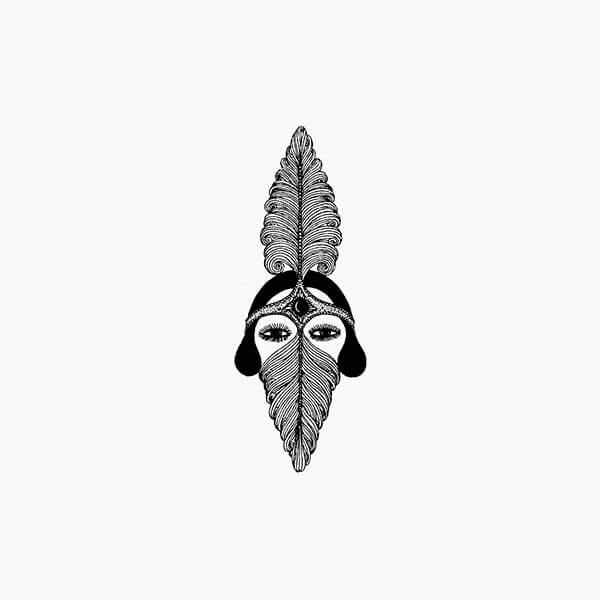
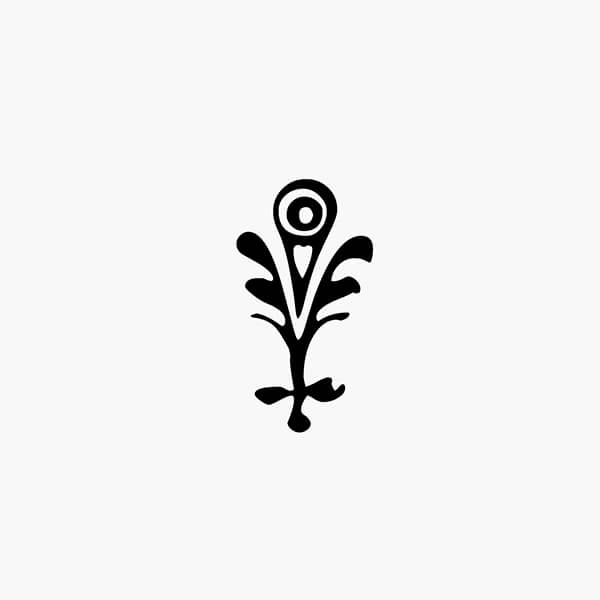



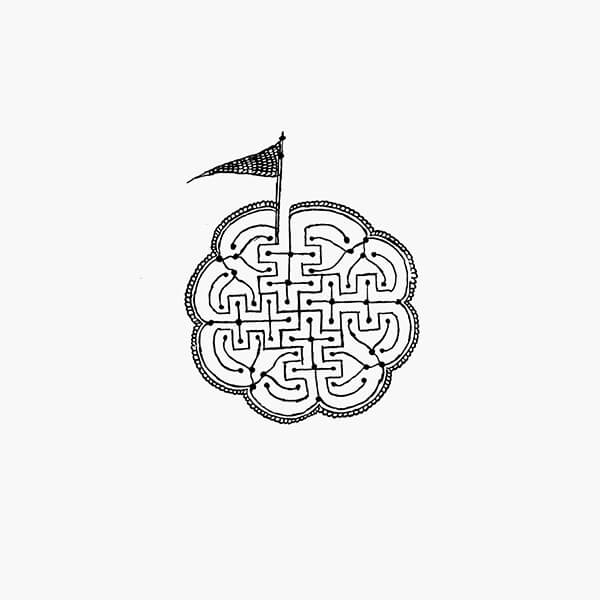

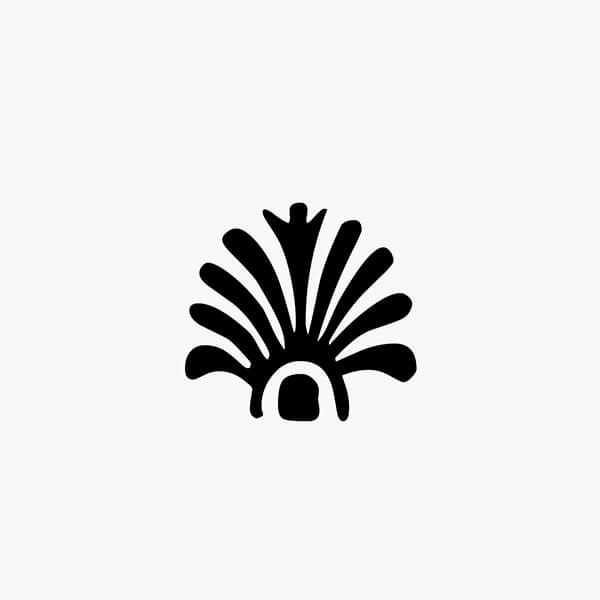
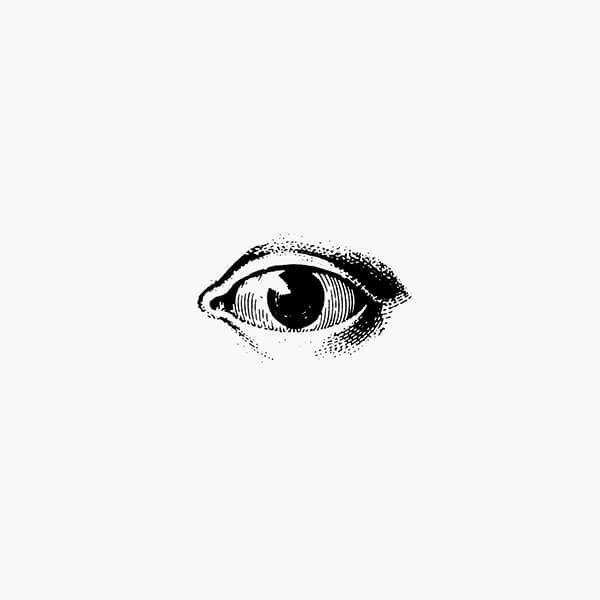

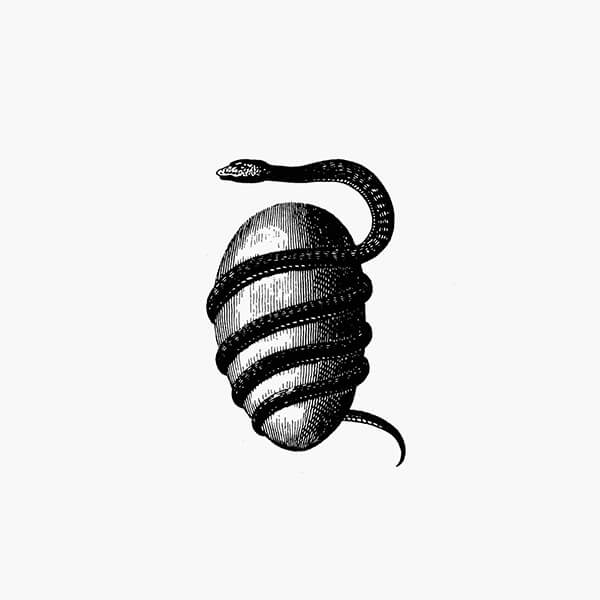


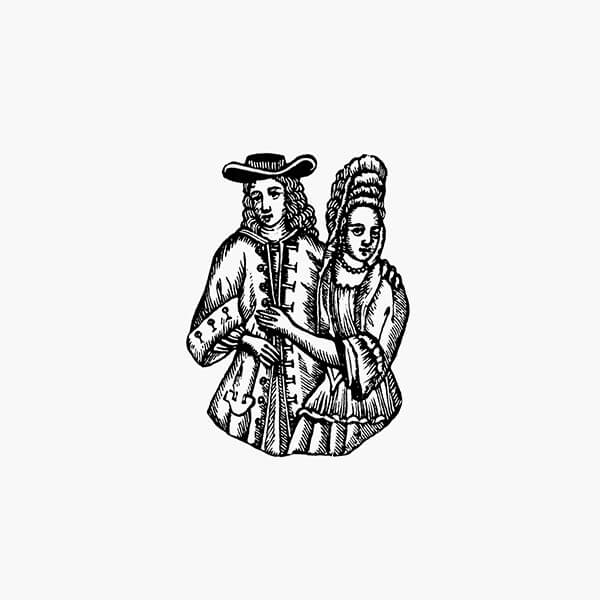

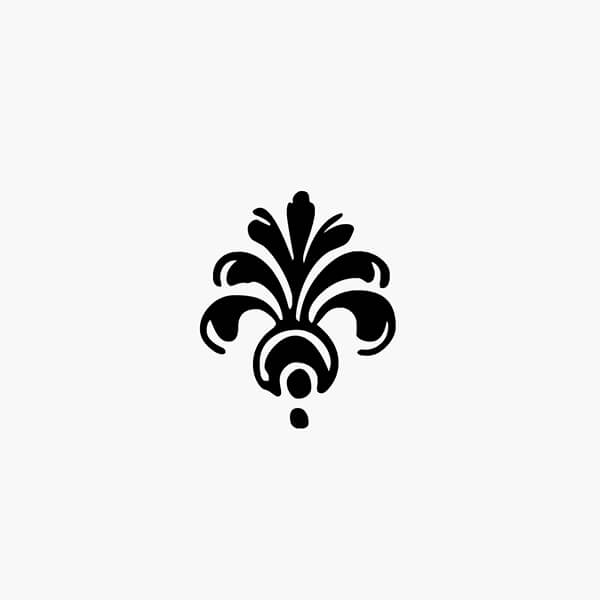

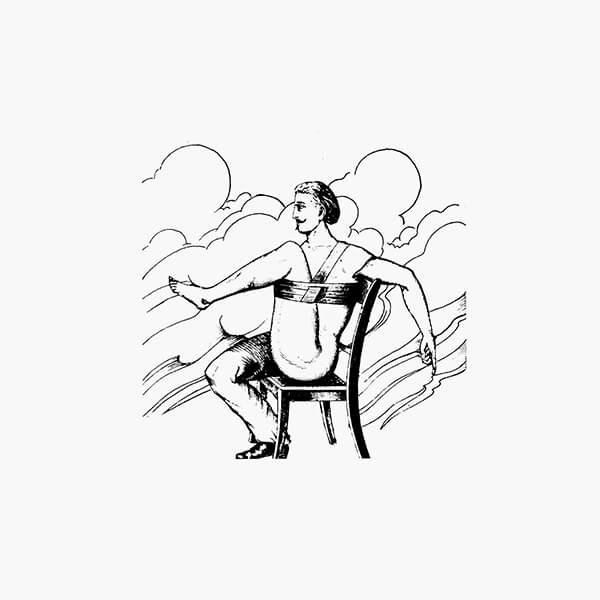





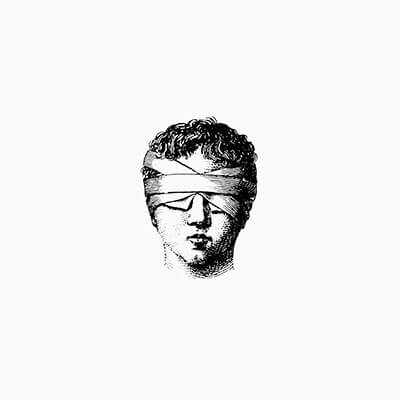
Morgana
2107 Nove saggi danteschi
Jorge Luis Borges
1985 / 208 PAGES
Borges has the ability to tell us things about Dante and many other writers that we would not find elsewhere, but above all, to tell it starting from assumptions and perspectives accessible only to him, offered here in a collection of writings.
Oriented - as mentioned in the Prologue - by a sort of innocence, the interpretation of the Divine Comedy offered by Borges ("the best book written by man") starts with details, inspirations, imaginative insights, and offers, through multiple literary references, often eccentric conjectures and personal, exclusive points of view. In these pages, worthy of the best essays of Other Inquisitions, Borges glimpses in the last voyage of Ulysses "an occult and intricate suicide" similar to that of Captain Ahab of Moby Dick; he discovers in the Venerable Bede's Historia Ecclesiastica Gentis Anglorum visions anticipating the Comedy, and in the shining Eagle of the 18th canto of Paradise, an affinity with the Persian Simurg; he reflects on Dante's contradictory compassion for Francesca, and explains it by evoking the Raskolnikov of Crime and Punishment and the great and unfortunate love for Beatrice, recognising in the motive the true genesis of the work: "With Beatrice dead, Beatrice lost forever, Dante played with the pretence of finding her again, to mitigate the sadness; I personally think that he built the triple architecture of his poem to provide a setting for that encounter”. In this volume, published for the first time in 1982, Borges collected writings which had mostly appeared in newspapers and magazines in the late 1940s; The text of a lecture on the Divine Comedy held in 1977 at the Teatro Coliseo in Buenos Aires is added here in the Appendix.
Ho fantasticato un’opera magica, una miniatura che sia anche un microcosmo; il poema di Dante è quella miniatura d'ambito universale. Credo tuttavia che se potessimo leggerlo in piena innocenza (ma tale felicità ci è vietata), l’universalità non sarebbe la prima cosa che noteremmo, e molto meno la sublimità o la grandiosità. Assai prima noteremmo, credo, altre caratteristiche meno schiaccianti e ben più dilettevoli; anzitutto, forse, quella rilevata dai dantisti inglesi: la varia e felice invenzione di particolari precisi.